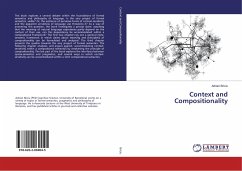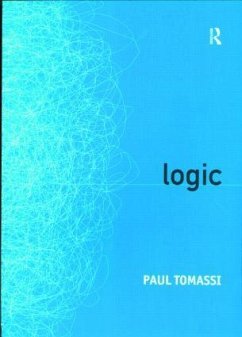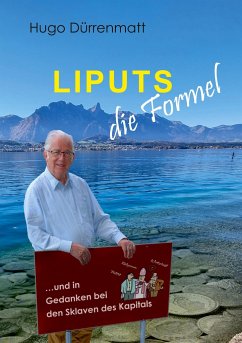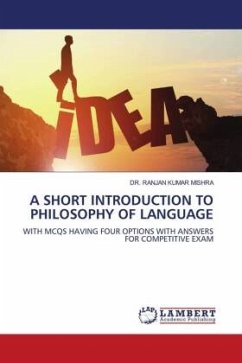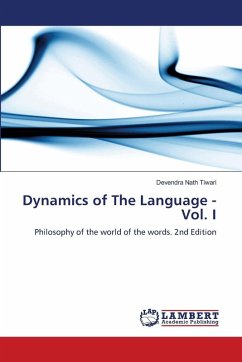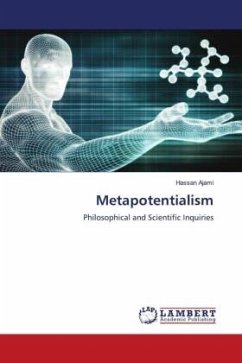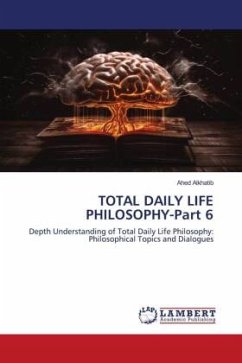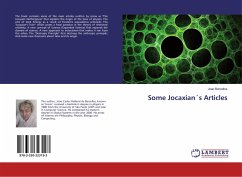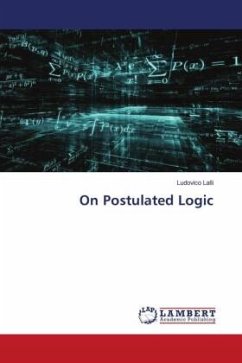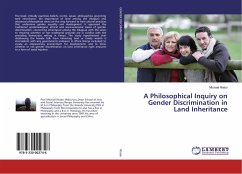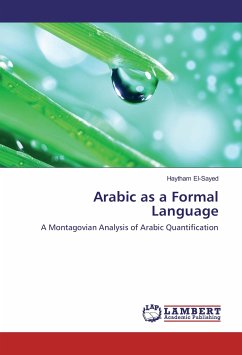
Arabic as a Formal Language
A Montagovian Analysis of Arabic Quantification
Versandkostenfrei!
Versandfertig in 6-10 Tagen
43,99 €
inkl. MwSt.

PAYBACK Punkte
22 °P sammeln!
This book presents the first attempt to apply Montague grammar (MG) to a fragment of Arabic quantification (AQ). Within the formal semantic paradigm (FSP), the test of adequacy for MG (with respect to Arabic) is to demonstrate syntactic compositionality at a level which guarantees semantic compositionality via a formal interpretation. A detailed empirical analysis of my fragment shows that MG succeeds in providing a compositional interpretation of AQ. On this basis, I argue that MG is adequate to the local requirements of FSP. I argue that, since MG is shown to be applicable to another signifi...
This book presents the first attempt to apply Montague grammar (MG) to a fragment of Arabic quantification (AQ). Within the formal semantic paradigm (FSP), the test of adequacy for MG (with respect to Arabic) is to demonstrate syntactic compositionality at a level which guarantees semantic compositionality via a formal interpretation. A detailed empirical analysis of my fragment shows that MG succeeds in providing a compositional interpretation of AQ. On this basis, I argue that MG is adequate to the local requirements of FSP. I argue that, since MG is shown to be applicable to another significant kind of case (i.e., Arabic, as an example from another language group), this increases the evidence for the hypothesis that MG is universally applicable. I argue that, because we have increased evidence for the claim that there is a universal compositional grammar, we have increased evidence for the hypothesis that all natural languages are compositional, and share a common compositional core. The most interesting empirical implication of the study is that Arabic is amenable to receive a proper logical treatment; thereby a formalization of the language is achievable.



